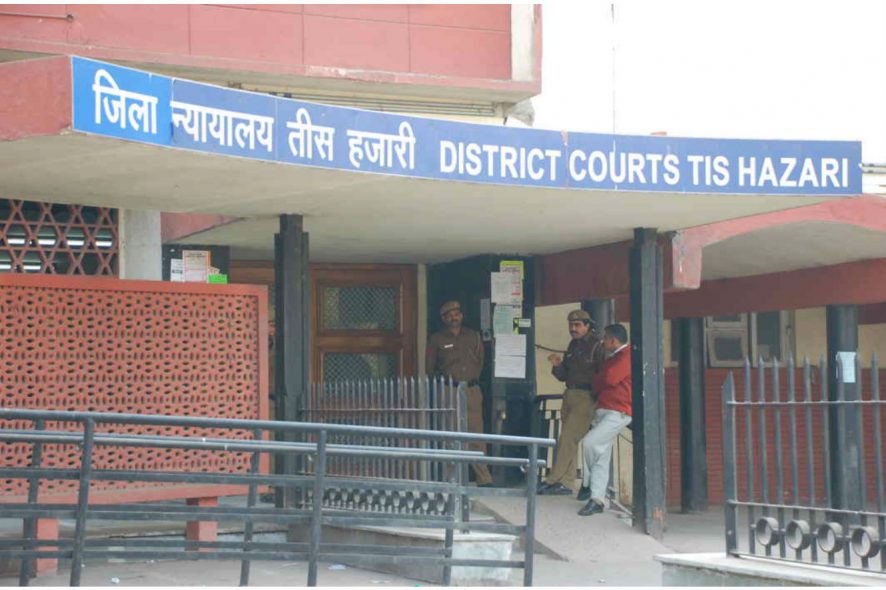Tis Hazari Court, Delhi (Family Court): The Bench of Reema Singh Nag, Additional Principal Judge dismissed a custody petition filed by a mother of 2 minor children against their father living in the United States of America.
As per the factual matrix of the case, the petitioner (mother) and the respondent (father) are both citizens of USA. They married in the year 2006 in New York as per US Civil Laws. The matrimonial home of the couple is in Connecticut. Both are dentists and have their joint dental practice in Stamford, Connecticut. Two children were born to the couple from the wedlock, both of whom are US citizens. There was a matrimonial discord between the couple. The petitioner alleged various counts of mental and physical harassment against the respondent; while the respondent denied the same and contra-alleged that the petitioner suffered from borderline personality disorder. The couple visited India in January 2016 to attend a wedding; they were scheduled to return in March 2016 but the petitioner refused to return. Subsequently, the respondent obtained a custody order from the US courts for both the kids and also filed a writ of habeas corpus before the Delhi High Court which was allowed. The habeas corpus order was challenged by the petitioner in the Supreme Court which matter is pending awaiting the decision on the instant petition.
The Family Court on detailed appreciation of the evidence and the law on the subject decided the issues in favour of the respondent and dismissed the petition. While so adjudicating, the Court discussed and made observations on various issues. The observations so made (inter alia) are delineated, hereinafter:
- Simply by taking oath of allegiance to the Constitution of India and applying for Indian citizenship, the petitioner could not invoke jurisdiction of the instant Court.
- Court could not assist in breach of immigration law by the petitioner, the Court lacked jurisdiction under Section 9 of Guardian and Wards Act, 1956.
- It was for the petitioner to prove that the respondent was an unfit person for custody of the children, she failed to do so.
- The parties need to go for periodical expert counselling to learn to behave in presence of kids, for their healthy and natural growth.
- The civil marriage under US law had its legal consequence and cannot be dissolved under Hindu Marriage Act, 1955 unless approved by the USA through judicial verdict.
- K.S. Puttaswamy v. Union of India, (2017) 10 SCC 1 does not deal with the guardianship issue. It cannot be extended to imply that a parent subsumes autonomy of the child in the form of guardianship.
- Every child fits in the definition of best interest of the child as stipulated under Section 2(9) of the Juvenile Justice (Care and Protection of Children) Act, 2015 since any decision in derogation of this definition would be harmful for the child.
- Convention on Rights of Child requires that best interest of the child has to be primary consideration in all actions concerning him (Article 3); State is to ensure that no child is separated from parents accept under law (Article 9); and hearing is to be given to the child for weighing his wish according to his age and maturity (Article 12).
- It is imperative that a child is exposed to nurture by both mother and father equally for his holistic development.
- Personal development during cognitive ages of a child is sustained upon the bedrock of strong unit of sustained co-operative parenthood.
In the facts and circumstances of the case, the Court was of the view that the paramount welfare of the kids lies in shared parenting in the United States of America. It was held that the petitioner was not entitled to permanent and sole custody of the children. In view of the above, the custody petition was dismissed by the Court. [Jasmeet Kaur v. Navtej Singh,2018 SCC OnLine Fam Ct (Del) 1, dated 20-08-2018]







